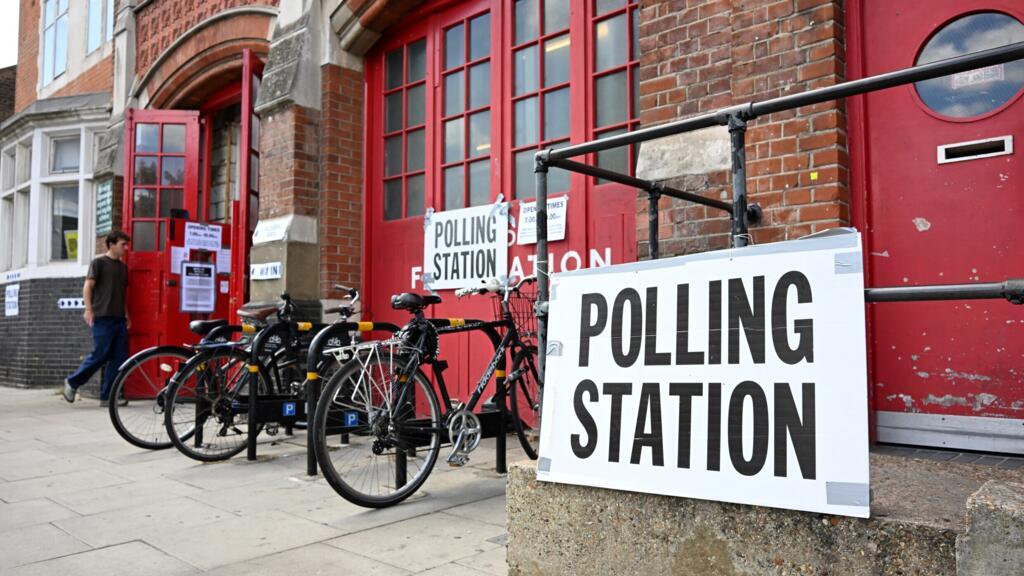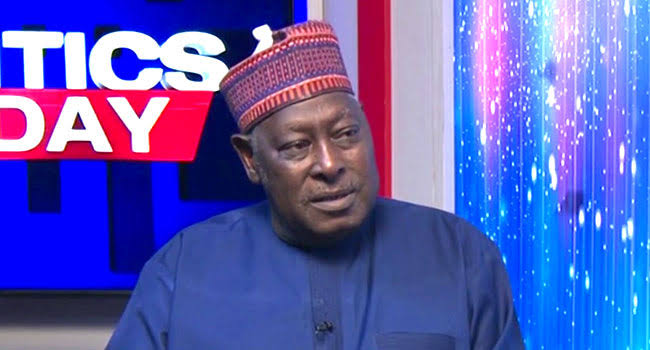Blog
‘If you pay, you should have a say’: UK to lower voting age to 16

LONDON, UNITED KINGDOM – In a significant overhaul of its democratic process, the British Government has confirmed that the voting age for all UK-wide elections will be lowered from 18 to 16, effective in time for the next general election. This monumental decision, a key manifesto commitment of the Labour government, brings the whole of the United Kingdom into line with Scotland and Wales, where 16 and 17-year-olds already possess the franchise for devolved and local elections.
The announcement, made on Thursday, 17th July 2025, by Deputy Prime Minister Angela Rayner, marks the biggest reform to the UK’s electoral system since the voting age was lowered from 21 to 18 in 1969. Around 1.5 million 16 and 17-year-olds are expected to become eligible to cast their ballots, representing a substantial expansion of the electorate.
The Rationale: Taxation Without Representation?
The central argument championed by proponents of “Votes at 16” hinges on the principle of “no taxation without representation.” Prime Minister Keir Starmer eloquently articulated this rationale, stating, “I think it’s really important that 16- and 17-year-olds have the vote, because they are old enough to go out to work, they are old enough to pay taxes, so they pay in. And I think if you pay in, you should have the opportunity to say what you want your money spent on, which way the government should go.”
Democracy Minister Rushanara Ali further reinforced this stance, highlighting the existing responsibilities borne by young people: “Young people can work at 16, pay taxes and join the Army. There is no reason that they should not have the right to a say in who represents them. They are passionate about the issues affecting their communities and country.”
Advocates argue that granting the vote at 16 aligns with other legal capacities afforded at that age, such as the ability to marry (with parental consent), consent to sexual activity, leave home, and take on full-time employment. They contend that if individuals are deemed mature enough for these significant life decisions and to contribute economically to society, they should also have a voice in shaping the laws and policies that profoundly affect their futures.
Arguments in Favour and Expected Impact:
Beyond the principle of fairness, proponents suggest several positive outcomes from this reform:
- Increased Political Engagement: Research, particularly from countries like Austria where 16-year-olds can vote in national elections, indicates that earlier enfranchisement can foster a lifelong habit of voting. Being able to vote while still in secondary education, where civics education can reinforce political literacy, is seen as an opportunity to embed democratic participation early on.
- Greater Accountability: Lowering the voting age could compel politicians to pay more attention to the concerns and issues relevant to younger generations, such as climate change, education, and mental health services, which are often overlooked in policy debates dominated by older demographics.
- Youth Voice and Perspective: Young people offer unique perspectives on societal challenges and possess a deep stake in long-term decisions. Giving them a formal voice through the ballot box is seen as enriching the democratic discourse.
Criticisms and Concerns:
While widely supported by the current government and youth advocacy groups, the move has not been without criticism, particularly from the Conservative and Reform UK parties:
- Maturity and Life Experience: A primary objection revolves around the perceived lack of maturity and life experience among 16 and 17-year-olds. Critics question whether young people at this age possess the comprehensive understanding of complex political issues necessary to make informed voting decisions. Shadow Communities Minister Paul Holmes MP highlighted the perceived inconsistency, stating, “Sixteen-year-olds will be able to vote in an election but not stand as candidates, and they will be able to vote but not permitted to buy a lottery ticket, consume alcohol, marry, or go to war [without parental consent].”
- Partisan Motivation: Opponents have also suggested that the Labour government’s decision is driven by partisan considerations, as younger voters are widely perceived to lean more towards centre-left parties. Tory MP James Cleverly remarked that Labour had made this change because they were “tanking in the polls.”
- Low Turnout Concerns: Some argue that extending the franchise to a potentially less engaged demographic could further depress overall voter turnout, although evidence from Scotland and Wales has largely contradicted this, showing comparable or even higher turnout rates among 16 and 17-year-olds compared to slightly older age groups.
Broader Electoral Reforms:
The lowering of the voting age is part of a broader package of electoral reforms aimed at modernising UK democracy and boosting participation. Other significant changes include:
- Automatic Voter Registration: This will streamline the process for eligible citizens to be added to the electoral roll, potentially adding millions to the voting list and addressing concerns about low registration rates.
- Expanded Voter ID Options: In a direct response to the previous Conservative government’s controversial mandatory photo ID requirement, the new legislation will allow voters to use UK-issued bank cards as a valid form of identification at polling stations. This change aims to remove barriers to voting that were reported to have disenfranchised approximately 750,000 people in the last general election.
- Clampdown on Foreign Donations: New, tougher rules will be introduced to prevent foreign interference in British politics by requiring that donations from British companies giving to political parties are carrying out genuine commercial activity, with recipients responsible for verifying no foreign influence.
- Tougher Sentences for Harassment: Increased penalties will be brought against individuals who harass and threaten political candidates, aiming to safeguard the integrity of the democratic process and encourage participation in public life.
The legislation for these reforms is expected to be introduced to Parliament shortly. Given the government’s current majority, the bill is anticipated to pass, fundamentally reshaping the UK’s electoral landscape. As the country looks towards its next general election, the voices of its youngest citizens will now formally join the democratic chorus, promising a fresh perspective on the nation’s future.


















